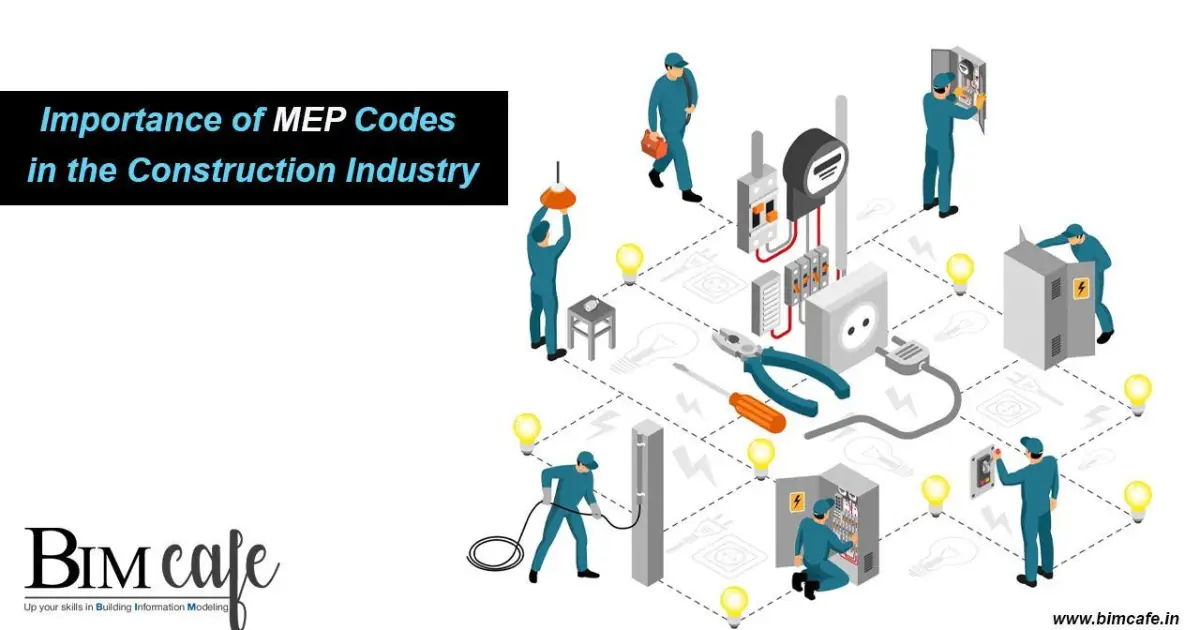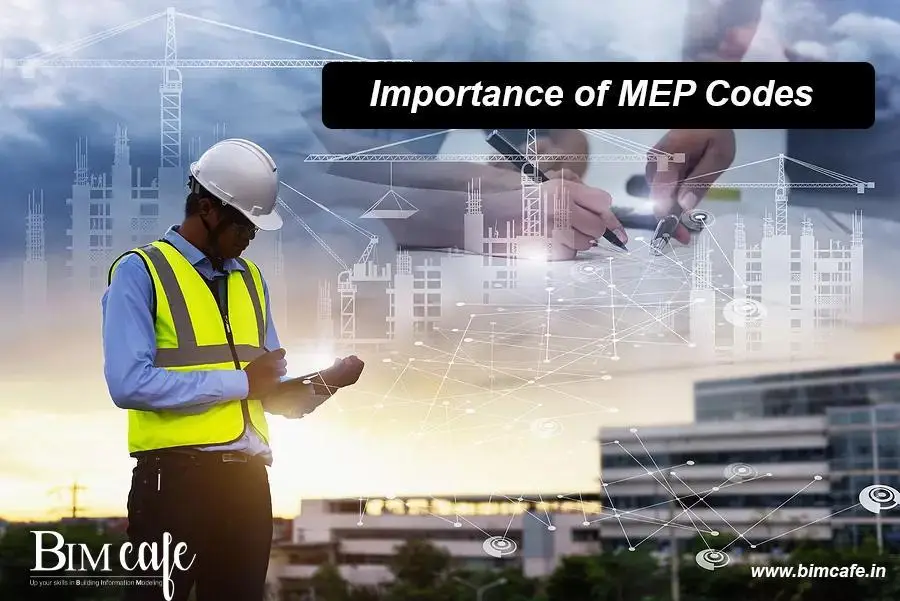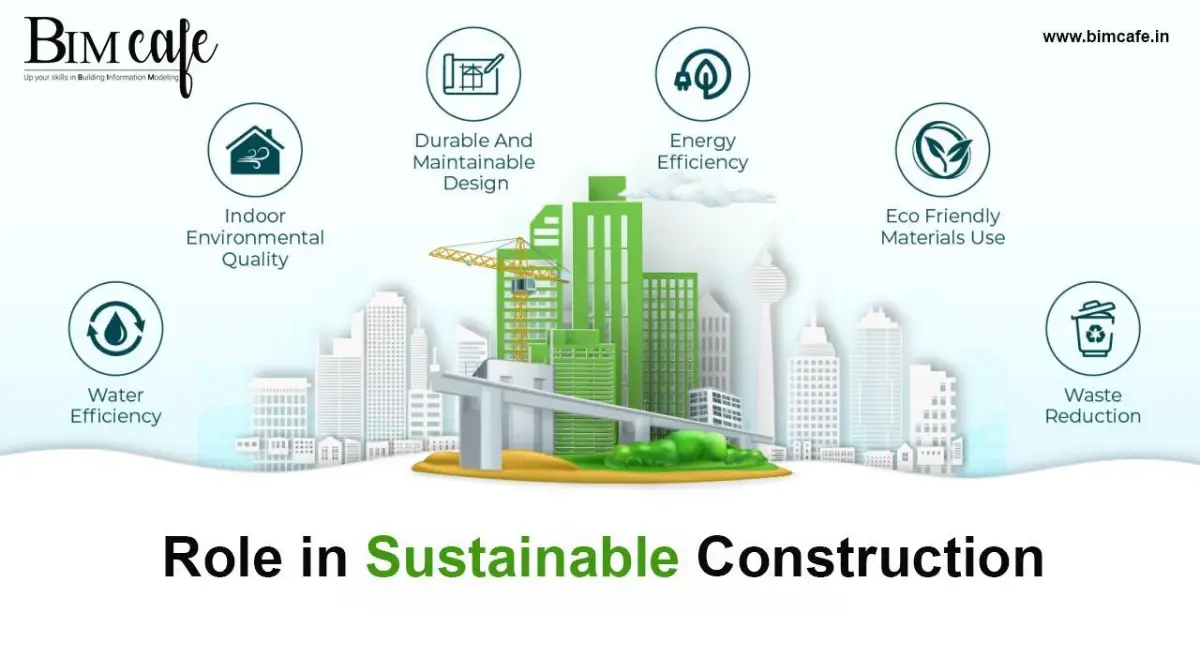
Author: Devika R
January 12, 2024
3 min read
MEP codes, in the context of construction and building design, typically refer to the set of regulations and standards governing Mechanical, Electrical, and Plumbing systems. These codes ensure that the design, installation, and maintenance of these systems meet safety, efficiency, and compliance standards. The specific codes may vary depending on the country, region, or local jurisdiction. For those interested in deepening their knowledge, the BIM Master Course for MEP Engineers offers comprehensive training, aligning practical skills with these critical codes.
What Are MEP Codes?

MEP codes are like special rules for the insides of buildings—especially for Mechanical, Electrical, and Plumbing systems. People from different places, both nearby and far away, make these rules to make sure buildings are all safe and use energy well. It’s like having a plan that everyone follows to make things work the right way in construction projects.
MEP Codes:
Mechanical Codes (M):
International Mechanical Code (IMC): Governs the installation, maintenance, repair, and inspection of mechanical systems, including heating, ventilation, and air conditioning (HVAC) systems.
Electrical Codes (E):
National Electrical Code (NEC): Provides guidelines for the safe installation and use of electrical wiring and equipment. It covers residential, commercial, and industrial installations.
Plumbing Codes (P):
International Plumbing Code (IPC): Regulates plumbing systems, including water supply, drainage, and venting. It ensures the proper design and installation of plumbing fixtures.
Fire Protection Codes:
National Fire Protection Association (NFPA) Codes: Various NFPA codes, such as NFPA 70 (National Electrical Code) and NFPA 90A (Standard for the Installation of Air Conditioning and Ventilating Systems), may be relevant to MEP systems for fire protection and life safety.
Energy Codes:
International Energy Conservation Code (IECC): Sets energy efficiency standards for buildings, including requirements for HVAC systems and lighting.
Local Building Codes:
Many jurisdictions have their building codes that encompass MEP systems. These codes may be based on international or national standards but may include additional local requirements.
Importance of MEP Codes:

A. Safety: One big reason for MEP codes is to keep people and buildings safe. Following these codes for electricity, machines, and plumbing helps avoid problems like fires, shocks, and water damage.
B. Energy Efficiency: MEP codes also have tips to make buildings use energy better. They give rules for things like heating, cooling, lights, and plumbing, making construction more eco-friendly. You can explore more about this in our detailed article on Optimizing Energy Efficiency in Building Design.
C. Following the Rules: Local building codes use MEP codes to make sure construction projects meet certain standards. If you want to build something, you need to follow these codes to get the right permits and certifications.
Role in Sustainable Construction:

MEP codes are like superheroes for making construction more eco-friendly. They give rules about using energy-saving lights, bringing in renewable energy, and saving water. All these things help make buildings better for the environment.
Challenges in Following the Rules
Even though following MEP codes is great, it can be tricky for builders. The codes keep changing, and making sure everything follows the rules in a project can be hard work. But, in the end, the good things like safety, efficiency, and helping the environment are more important.
Conclusion
MEP codes are important for architects, engineers, and contractors to be familiar with and adhere to the relevant MEP codes in their specific project location. Compliance with these codes ensures that buildings are safe, sustainable, and meet regulatory requirements. Additionally, codes are subject to updates and revisions, so professionals should stay informed about any changes in regulations.





